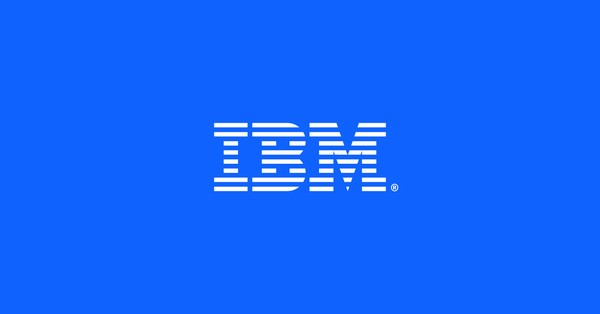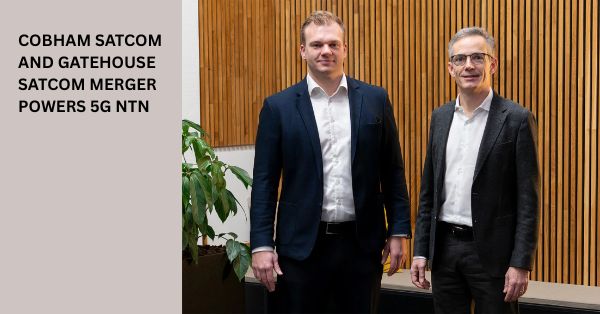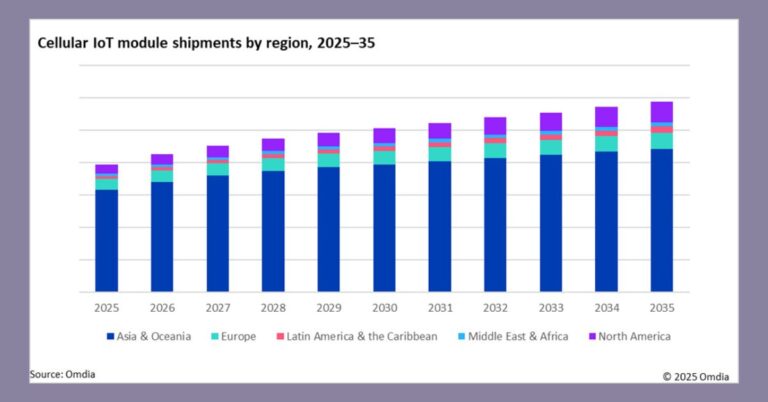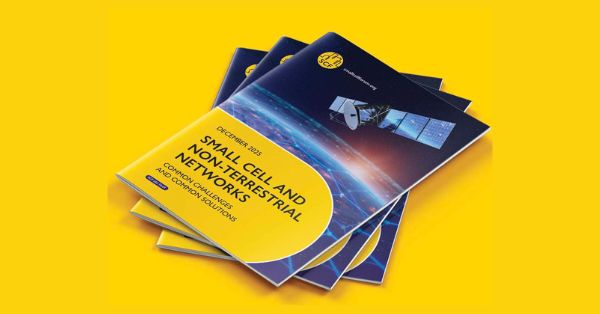Rogers Business and Kirkland Lake Gold announced the availability of a 5G Wireless Private Network (WPN) at the Detour Lake Mine in Kirkland Lake, Ontario (“Detour Lake”), Canada’s second-largest gold producer. The first of its kind in Canada, Detour Lake is entirely linked over a 5G Wireless Private Network, offering enhanced coverage, end-to-end dependability, full redundancy, and a low latency network across its 80-square-kilometer operation.
The Company also revealed that it is constructing eight new wireless cell towers along Highway 652 between Cochrane, Ontario, and Detour Lake, covering more than 180 kilometers. Communications infrastructure that is both reliable and essential will enhance service availability and connectivity gaps in the region. The public network is largely off-grid, with seven of the eight structures relying on wind and solar power for their energy. By the summer of 2022, the network will be ready and fully accessible.
What are the advantages of the Detour Lake Mine’s Private 5G network?
The 5G WPN at Detour Lake Mine gives workers better connectivity, communication, and safety right now while laying the groundwork for a truly scalable network that will power thousands of new solutions in the future. The technologies enable mining-specific solutions to be developed, including tele-remote control systems, industrial IoT sensors that give real-time information on operations, drones that may bring goods to the bottom of the mine, future autonomous haulage vehicles, and exploration work. In addition, a digital dashboard will be used to maintain track of all of these apps, allowing for greater efficiencies and productivity at the workplace.
President and CEO of Kirkland Lake Gold, Tony Makuch
Tony Makuch, President, and CEO of Kirkland Lake Gold, commented: “Bringing a 5G wireless, private network to Detour Lake provides the stable and reliable service we need as we build the digital mine of the future. Not only does the new network provide an extra layer of connectivity for our employees, but it also enables us to drive mining innovation and technology into the future by expanding tele-remote drill operations and research into potential autonomous haul trucks. Most importantly, having a 5G network available across Detour Lake Mine’s remote operations will help create a safer work environment for our employees and contractors. Beyond our operations, we are building a new public 5G LTE Network along Highway 652 from Cochrane to our Detour Lake Mine. Adding reliable connectivity will make travel safer for everyone using the highway and also provide peace of mind for community members who have camps and enjoy the outdoors along the highway corridor.”
What is Rogers Private 5G Solution, and who are the ecosystem partners involved?
To support a wide range of use cases and applications, Rogers has deployed five cellular network towers with its full spectrum of frequency bands to provide a complete 5G Wireless Private Network throughout the mine site. In addition, the network has a full failover backup system across the entire site. This provides always-on, private access to Canada’s most dependable 5G network across Kirkland Lake Gold’s 80 square kilometers of mining operations at Detour Lake Mine.
To help them deliver their 5G WPN solution to Kirkland Lake Gold, Rogers Business collaborates with key infrastructure and technology partners such as Cradlepoint, Dell Technologies, Ericsson, and Expeto. The only solution in Canada to link public and private cellular networks is Wireless Private Networks, which can really enable Telepresence, Teleoperations, and Telerobotics business and industrial automation use cases.
Today’s news is part of Rogers’ Business journey to deliver cutting-edge technology to Canadian companies as they progress through their digital change. For more information about the Rogers Business Wireless Private Network managed solution, go to rogers.com/business/iot/connectivity.
President at Rogers Business, Ron McKenzie
“We’re thrilled to deliver a first of its kind to Kirkland Lake Gold and the mining industry in Canada by providing a 5G Wireless Private Network to improve productivity and worker safety at its site while building critical wireless connectivity along Highway 652 to improve safety, close connectivity gaps, and support local communities surrounding Detour Lake Mine,” said Ron McKenzie, President, Rogers Business. “The private wireless network at Detour Lake Mine will enable mission-critical industrial applications to power the digital mine of the future, and we’re proud to be at the forefront, helping to deliver innovations to Canadian businesses first.”
About Rogers
Rogers Communications Inc. is a Canadian communications and media company operating primarily in the fields of wireless communications, cable television, telephony, and the Internet, with significant additional telecommunications and mass media assets. Rogers has its headquarters in Toronto, Ontario. If you want to find out more about Rogers, visit about.rogers.com.
About Kirkland Lake Gold Ltd.
Kirkland Lake Gold Ltd. is a low-cost senior gold producer operating in Canada and Australia that produced 1,432,616 ounces in 2021. The production profile of Kirkland Lake Gold is anchored by three high-quality operations, including the Macassa Mine and Detour Lake Mine, both located in Northern Ontario, and the Fosterville Mine located in the state of Victoria, Australia. Kirkland Lake Gold’s solid base of quality assets is complemented by district-scale exploration potential, supported by a strong financial position, extensive management expertise, and an overriding commitment to safe, responsible mining.







































